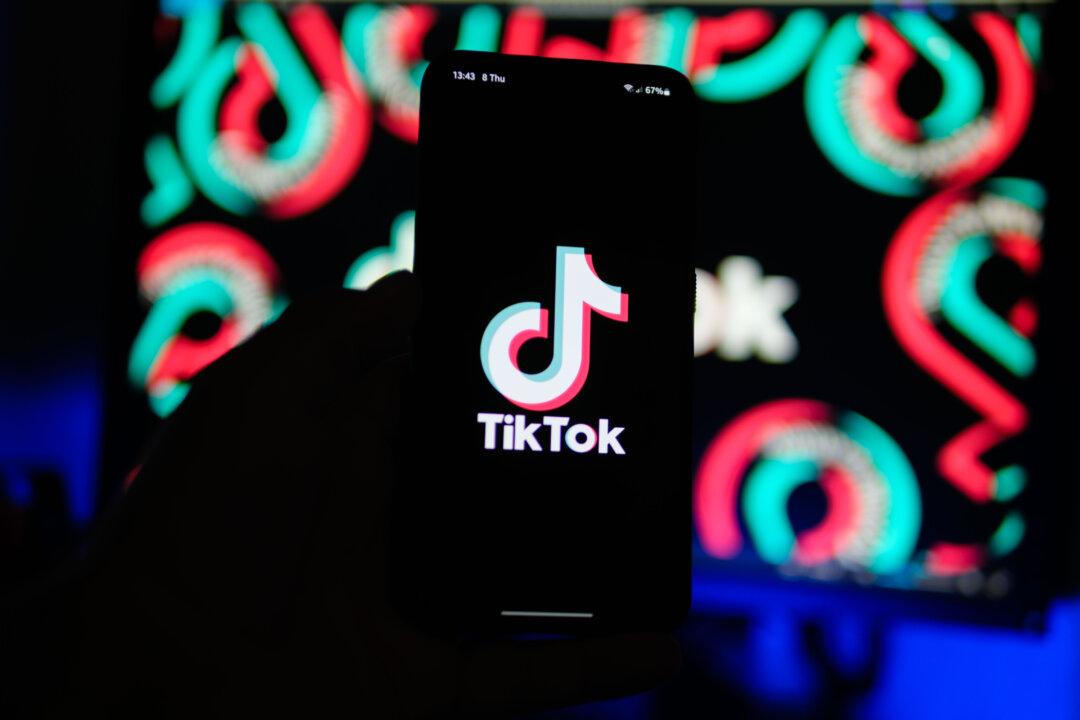Ottawa told the Chinese makers of the popular and controversial app TikTok to close its operation in Canada this week following a national security review, but few details were released and the app remains accessible to use.
All foreign direct investments big or small are subject to a national security review under the Investment Canada Act. It applies to the establishment of a new Canadian business by a non-Canadian or the takeover of an existing business.





